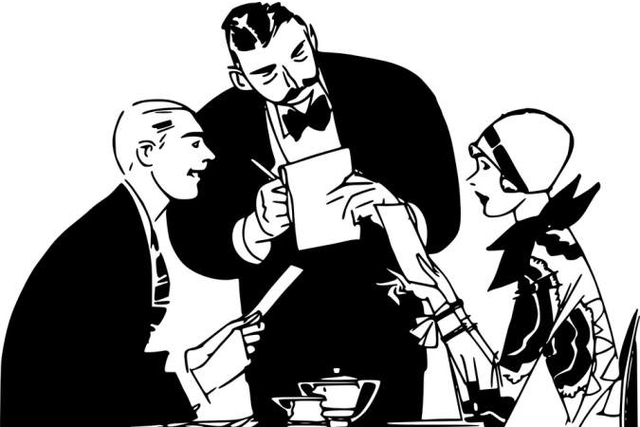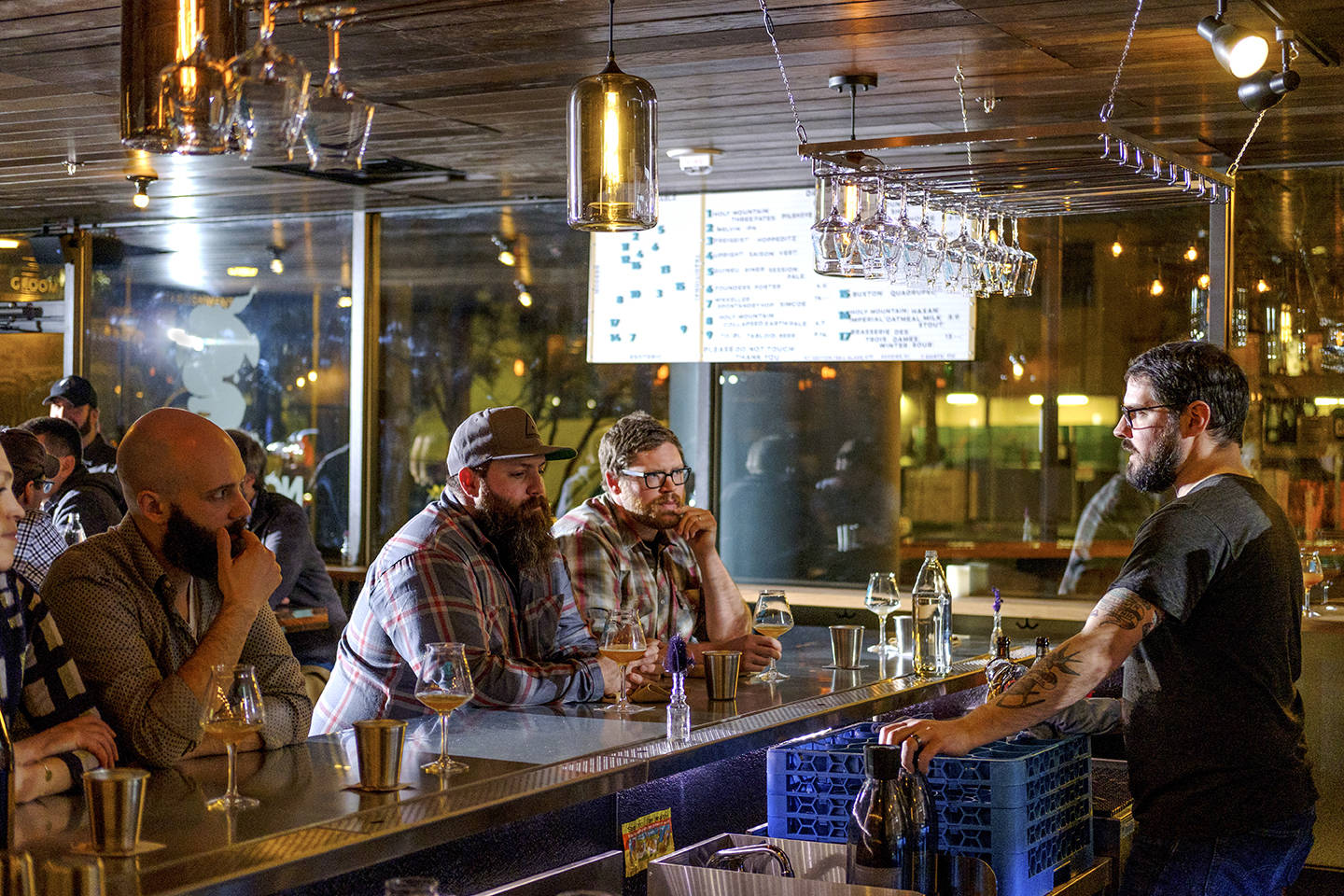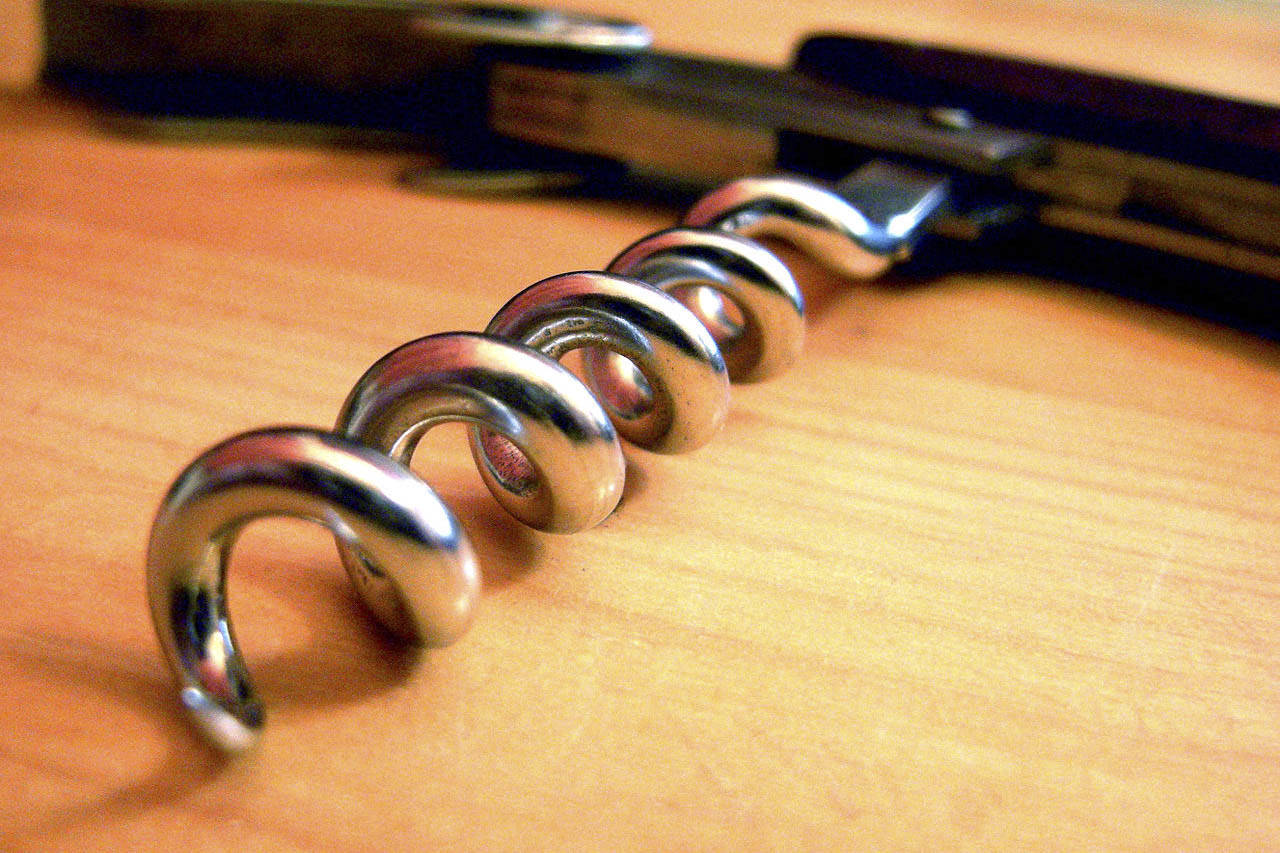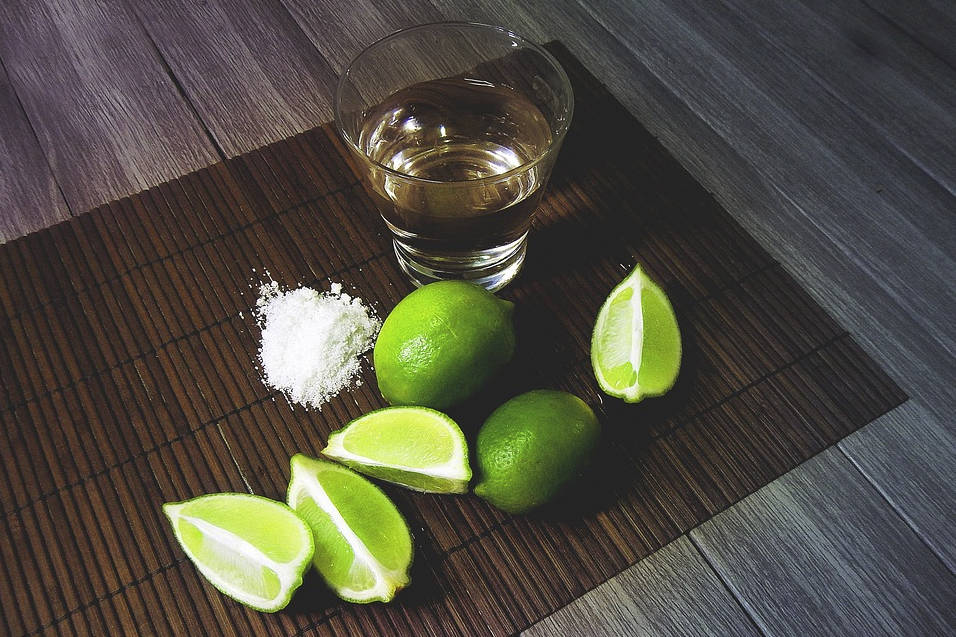In the service industry, the hardest thing to learn is how to say “no.” That may be difficult to believe if you’ve never been there, but it’s true. Guests don’t like being told no, and if you can’t figure out a way to cushion the blow, you’re likely in the wrong line of work. It’s a word we never enjoy using, but at the same time it’s occasionally vital.
The model of service I was taught treated “no” as an absolute last resort. The goal was to find some way, any way, to accommodate a guest. If we were out of an item, it meant suggesting an alternative. If we honestly didn’t have chicken breasts, it meant finding the best possible option to satisfy the guest’s desires. To those in a more beverage-focused role, it meant never telling people that they shouldn’t drink what they want to drink.
Yet at the same time, part of my job as a sommelier is to offer guidance, to help people find not just the thing that they’re looking for, but perhaps something they’ve never considered but would enjoy even more. The role of a sommelier or bartender is indeed occasionally to open people up to the broader world of liquor around them, and sometimes that requires the faintest touch of negation.
I regularly get asked if a wine someone is considering would pair well with their food. Frankly, sometimes it won’t. Now I think that sometimes guests get a bit too concerned with the perfection of a pairing, but that’s a subject for a different column. When I do decide to steer them in another direction, it’s all about saying “no” without ever actually saying it, and it’s only when they’ve made it clear that they’re willing to go out on a limb with me.
Let’s say that a table has ordered some delicious halibut, and then picks out a big, full-bodied cabernet sauvignon. If they ask me “Will that go with our halibut?”, I’m left in a bit of a quandary. The truthful answer is “No, not really,” but perhaps the more truthful answer is “No, not really, but does that actually matter?” I’m a firm believer that people should eat what they want and drink what they want, and if the two don’t match well, I’m not the one doing the eating and drinking.
Some tables, though, will make it clear that they really do want my opinion, and in that moment I have to deploy the “no” in the most delicate of ways, so subtly that perhaps it will never be noticed. “You know, I think I have something that might be really great in that pairing. Have you ever considered … ” The “no” is elided, and the guest is none the wiser.
Knowledge is power, without a doubt, but power wielded to intimidate a guest is power abused. As Seattle’s restaurant industry, bar scene, and sommelier community continue to grow, it behooves us to be very careful in our use of the word “no,” or else the “no” we’ll be hearing will be in response to “Did you enjoy your meal?”








